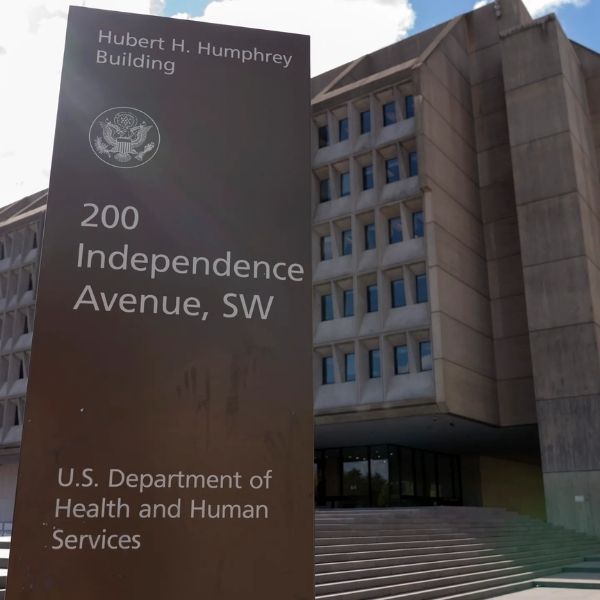Colorado Attorney General Phil Weiser has joined a coalition of 20 states in a lawsuit against the U.S. Department of Health and Human Services (HHS), alleging the agency unlawfully shared Medicaid data with Immigration and Customs Enforcement (ICE).
According to the lawsuit, filed after a June 13 revelation, the federal government transferred personal health information of millions of Medicaid recipients to the Department of Homeland Security (DHS). The states claim the data is being used to build a national database for immigration enforcement and potential mass deportations.
Weiser called the move a serious violation of patient privacy:
“Personal healthcare data collected about Medicaid beneficiaries is confidential, to be shared only in narrow circumstances that benefit public health and the integrity of the Medicaid program,” he said. “There’s no reason to share this sensitive data with immigration or law enforcement agencies.”
The DHS responded by stating that the information is necessary to ensure Medicaid benefits are only granted to individuals legally entitled to receive them.
The lawsuit argues that this transfer could discourage eligible noncitizens—and their family members—from enrolling in Medicaid out of fear, potentially pushing emergency care costs onto states and their already overburdened safety net hospitals.
In addition to Colorado, the suit includes attorneys general from:
Arizona, California, Connecticut, Delaware, Hawaii, Illinois, Maine, Maryland, Massachusetts, Michigan, Minnesota, Nevada, New Jersey, New Mexico, New York, Oregon, Rhode Island, Vermont, and Washington.
The states are urging the federal government to cease data transfers and protect the confidentiality of Medicaid recipients.
















Leave a Reply